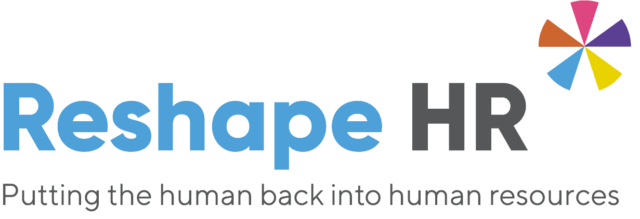Background
Black History Month is held Globally on an annual basis.
Black History Month was founded in 1915 by Carter G. Woodson and Jesse E. Moorland in the United States of America (originally named as “Negro History Week” until after 1976). The UK’s first celebration of Black History Month was in 1987.
According to history.co.uk: “Every October in the UK since 1987, the country has celebrated Black History Month, a month dedicated to remembering the contributions of those people from African and Caribbean heritage, as well as Asian, to our country’s history. All too often the history books have written their stories out of our past and Black History Month acts as a constant reminder that our country has a rich and diverse cultural heritage.”
Theme
For 2022, the theme for Black History Month is “Time for change: Action Not Words”.
According to blackhistorymonth.org.uk: “To get to a better tomorrow, we can’t just focus on the past. The past is in the past. We can acknowledge and learn from it, but to improve the future, we need action, not words. We need to come together around a shared common goal to achieve a better world for everyone.”
Black History Month aim is to raise awareness and for more individuals to celebrate this month and become an advocate for diversity and inclusion by ensuring that individuals of different race and ethnicities are treated equally both publicly, privately and in the workplace. According to harperbazaar.com: “Black History Month enables both adults and children to gain a broader understanding of Black histories, going beyond racism and slavery to also spotlight Black achievement. It helps us all to see that Black history is also British history.”
Why is Black History Month so important?
According to Gov.uk: “Ultimately, Black History is all of our history. Not only is it important to remember the achievements of Black people, but it’s important to recognise the that make us both unique and alike and to celebrate diversity.
Diverse teams are the best way to foster understanding of the needs of people from all backgrounds. It helps us understand how to relate with our colleagues, customers and society as a whole. Diversity fuels our innovation and helps create more vibrant and engaging workplaces.”
Black History Month gives individuals an opportunity to assist in creating a more inclusive workplace by removing racism. According to motivationalspeakersagency.co.uk:” Studies revealed that 60% of Black professionals still experience racism in the workplace, so a key motivator behind Black History Month is to highlight how people from such communities have made pivotal contributions to society.” If you would like to read more into the survey which contains these studies, then please click here.
How do I join in Black History Month?
You can join in Black History Month by:
- Sharing on social media – By sharing this article and other articles and information regarding Black History Month.
- Join an event hosted for Black History Month – Multiple events are being hosted by Black History Month and other collaborators throughout this month, if you would like to join an event, we recommend you to go to www.blackhistorymonth.org.uk/listings.
- Read up about recent highlights – Black History Month posts recent highlights, including achievements, opinions and much more. If you would like to read up about Black History Month’s recent highlights, then please go to www.blackhistorymonth.org.uk/section-tag/highlights.
- Research and share achievements and historical milestones of black people in the UK – There are lists of hundreds of achievements and key figures on the internet. For example, you could speak about Lewis Hamilton, the first black British man to join Formula 1.
If I can’t join in Black History Month, is there any other way to help?
You would like to donate to a charity focused on helping racial equality, we have listed a few below:
- Stop Hate UK – “Stop Hate UK is a leading anti-hate and anti-discrimination organisation for corporate, statutory and community sectors. Today, we operate the UK’s only free dedicated 24-hour anti-Hate Crime reporting service for all monitored strands of a person’s identity or perceived identity (Disability, Race, Faith, Sexual orientation and Transgender identity, as well as Age and Alternative subculture).” If you would like to donate to Stop Hate UK then please go to https://www.stophateuk.org/donate.
- Stand Against Racism and Inequality (SARI) – “We’re a charitable organisation that’s here to support victims of hate within our community. We also aim to promote equality and good relations between people with protected characteristics, as defined by law.” If you would like to donate to SARI then please go to https://saricharity.org.uk/help-us/donate.
- Runnymede – “Proudly independent, for over 50 years Runnymede’s esteemed research, analysis and policy development has provided the evidence to challenge racial injustice.” If you would like to donate to Runnymede then please go to https://www.runnymedetrust.org/donate.










